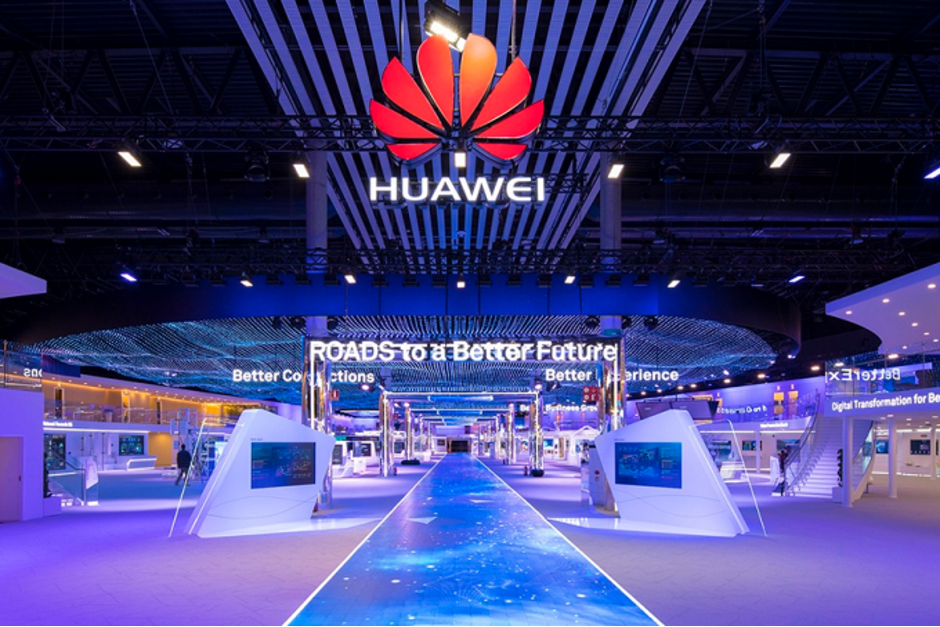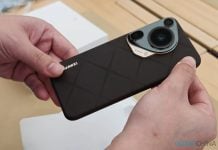Recently, Trump had announced that the US-based companies will be allowed to continue doing business with the Chinese giant Huawei as long as the products do not threaten the national security of the United States.
Now, US Commerce Secretary Wilbur Ross has confirmed that the U.S. government is now all set to issue licenses to the companies that are seeking to sell American-made products to China’s Huawei where there’s no threat to the national security. However, he has not revealed which products will pass muster.

As said, the decision to allow companies to do business with the world’s leading telecommunications equipment maker Huawei comes after Trump’s comments during the G20 summit.
Earlier, US President Donald Trump had signed an executive order to place China-based Huawei on the Commerce Department’s so-called Entity List in May over national security concerns. This move effectively banned American companies from doing any kind of business with Huawei.
While the decision to allow US companies to do business with Huawei was welcomed by American chipmakers, many industry and government officials were confused. Speaking at an annual department conference in Washington, Wilbur Ross affirmed that the company would remain on the Entity List.
This means that licenses would likely be denied and that the new policy would not change the scope of items requiring licenses. However, he also said there would be some approvals. He said: “To implement the president’s G20 summit directive two weeks ago, Commerce will issue licenses where there is no threat to U.S. national security. Within those confines, we will try to make sure that we don’t just transfer revenue from the U.S. to foreign firms.”
After Huawei was banned by the U.S., the semiconductor industry lobbied the government for carve-outs to sell nonsensitive items that Huawei could easily buy abroad. They argued that a blanket ban would harm American companies.
Many believe that the ban on Huawei is not related to any concerns about national security but to have an upper hand in the US-China trade war. If it was just about U.S. national security, it would not have launched a lobbying effort to persuade U.S. allies to keep Huawei out of next-generation 5G telecommunications infrastructure.







